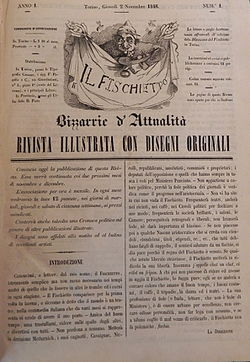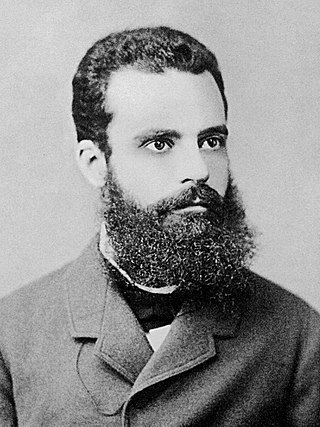
Vilfredo Federico Damaso Pareto was an Italian polymath, whose areas of interest included sociology, civil engineering, economics, political science, and philosophy. He made several important contributions to economics, particularly in the study of income distribution and in the analysis of individuals' choices. He was also responsible for popularising the use of the term "elite" in social analysis.

Giuseppe Mazzini was an Italian politician, journalist, and activist for the unification of Italy (Risorgimento) and spearhead of the Italian revolutionary movement. His efforts helped bring about the independent and unified Italy in place of the several separate states, many dominated by foreign powers, that existed until the 19th century. An Italian nationalist in the historical radical tradition and a proponent of a republicanism of social-democratic inspiration, Mazzini helped define the modern European movement for popular democracy in a republican state.
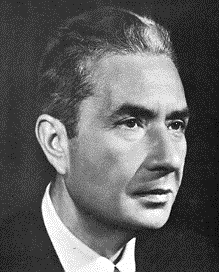
Aldo Romeo Luigi Moro was an Italian statesman and prominent member of Christian Democracy (DC) and its centre-left wing. He served as prime minister of Italy in five terms from December 1963 to June 1968 and from November 1974 to July 1976.

Antonio Francesco Gramsci was an Italian Marxist philosopher, linguist, journalist, writer, and politician. He wrote on philosophy, political theory, sociology, history, and linguistics. He was a founding member and one-time leader of the Italian Communist Party. A vocal critic of Benito Mussolini and fascism, he was imprisoned in 1926 where he remained until his death in 1937.

The unification of Italy, also known as the Risorgimento, was the 19th-century political and social movement that resulted in 1861 in the consolidation of various states of the Italian Peninsula and its outlying isles into a single state, the Kingdom of Italy. Inspired by the rebellions in the 1820s and 1830s against the outcome of the Congress of Vienna, the unification process was precipitated by the Revolutions of 1848, and reached completion in 1871 after the capture of Rome and its designation as the capital of the Kingdom of Italy.

The 1848 Revolutions in the Italian states, part of the wider Revolutions of 1848 in Europe, were organized revolts in the states of the Italian peninsula and Sicily, led by intellectuals and agitators who desired a liberal government. As Italian nationalists they sought to eliminate reactionary Austrian control. During this time, Italy was not a unified country, and was divided into many states, which, in Northern Italy, were ruled directly or indirectly by the Austrian Empire. A desire to be independent from foreign rule, and the conservative leadership of the Austrians, led Italian revolutionaries to stage revolution in order to drive out the Austrians. The revolution was led by the state of the Kingdom of Sardinia. Some uprisings in the Kingdom of Lombardy–Venetia, particularly in Milan, forced the Austrian General Radetzky to retreat to the Quadrilateral fortresses.

Palmiro Michele Nicola Togliatti was an Italian politician and leader of Italy's Communist party for nearly forty years, from 1927 until his death. Born into a middle-class family, Togliatti received an education in law at the University of Turin, later served as an officer and was wounded in World War I, and became a tutor. Described as "severe in approach but extremely popular among the Communist base" and "a hero of his time, capable of courageous personal feats", his supporters gave him the nickname il Migliore. In 1930, Togliatti renounced Italian citizenship, and he became a citizen of the Soviet Union. Upon his death, Togliatti had a Soviet city named after him. Considered one of the founding fathers of the Italian Republic, he led Italy's Communist party from a few thousand members in 1943 to two million members in 1946.

Vincenzo Gioberti was an Italian Catholic priest, philosopher, publicist and politician who served as the Prime Minister of Sardinia from 1848 to 1849. He was a prominent spokesman for liberal Catholicism.

The Italian Socialist Party was a social-democratic and democratic-socialist political party in Italy, whose history stretched for longer than a century, making it one of the longest-living parties of the country. Founded in Genoa in 1892, the PSI was from the beginning a big tent of Italy's political left and socialism, ranging from the revolutionary socialism of Andrea Costa to the Marxist-inspired reformist socialism of Filippo Turati and the anarchism of Anna Kuliscioff. Under Turati's leadership, the party was a frequent ally of the Italian Republican Party and the Italian Radical Party at the parliamentary level, while lately entering in dialogue with the remnants of the Historical Left and the Liberal Union during Giovanni Giolitti's governments to ensure representation for the labour movement and the working class. In the 1900s and 1910s, the PSI achieved significant electoral success, becoming Italy's first party in 1919 and during the country's Biennio Rosso in 1921, when it was victim of violent paramilitary activities from the far right, and was not able to move the country in the revolutionary direction it wanted.

Sergio Chiamparino is an Italian politician. He was the mayor of Turin from 2001 to 2011, and the president of Piedmont from 2014 to 2019. He is also the author of several books, including Semplicemente sindaco, La sfida. Oltre il Pd per tornare a vincere. Anche al Nord (2010), Cordata con sindaco, and TAV. Perché sì.

Giovanni Agnelli was an Italian businessman who founded the Fiat S.p.A. car manufacturing in 1899.

The Italian Democratic Socialist Party, also known as Italian Social Democratic Party, was a social-democratic political party in Italy. The longest serving partner in government for Christian Democracy, the PSDI was an important force in Italian politics, before the 1990s decline in votes and members. The party's founder and longstanding leader was Giuseppe Saragat, who served as President of the Italian Republic from 1964 to 1971. Compared to the like-minded Italian Socialist Party on the centre-left, it was more centrist, but it identified with the centre-left.

Italian nationalism is a movement which believes that the Italians are a nation with a single homogeneous identity, and therefrom seeks to promote the cultural unity of Italy as a country. From an Italian nationalist perspective, Italianness is defined as claiming cultural and ethnic descent from the Latins, an Italic tribe which originally dwelt in Latium and came to dominate the Italian peninsula and much of Europe. Because of that, Italian nationalism has also historically adhered to imperialist theories. The romantic version of such views is known as Italian patriotism, while their integral version is known as Italian fascism.
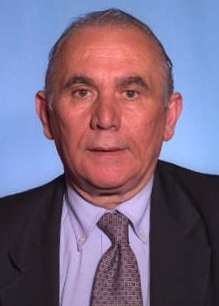
Giuseppe Tatarella, also known as Pinuccio Tatarella, was an Italian politician who served as deputy prime minister in the first cabinet of Silvio Berlusconi from 1994 to 1995.
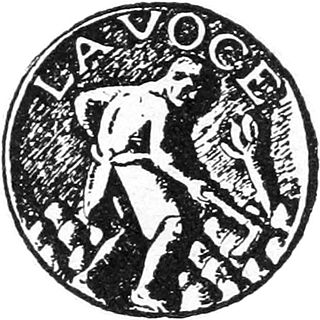
La Voce was an Italian weekly literary magazine which was published in Florence, Italy, between 1908 and 1916. The magazine is also one of the publications which contributed to the cultural basis of the early forms of Fascism. It also contributed to the development of the concept of Europeanism.
Il Selvaggio was a political and arts magazine that existed between 1924 and 1943. It was a media outlet of an intellectual group called Strapaese.
Il Marzocco was an Italian language weekly literary and art magazine which was published in Florence, Italy, between 1896 and 1932. The title was chosen by Gabriele D'Annunzio which was a reference to the symbol of the ancient Republic of Florence and also, of the popular rule. The magazine covered articles on a wide range of subjects such as women's rights and political events. Its subtitle was periodico settimanale di letteratura e d'arte.
Tempo Presente was a monthly political magazine which existed between 1956 and 1967 in Rome, Italy. It was supported by the Congress for Cultural Freedom which published other magazines, including Cuadernos, Encounter, Survey and Der Monat.

Il Baretti was a monthly literary magazine which was one of the publications launched and edited by Piero Gobetti. The magazine was published in Turin in the period between 1924 and 1928. The title was a reference to Giuseppe Baretti, who was an author in the eighteenth century, an exile and pre-romantic pilgrim.
